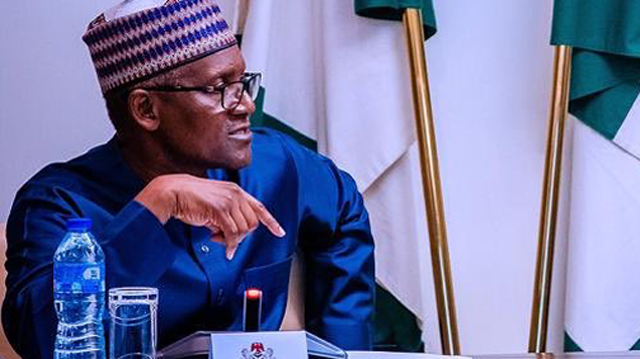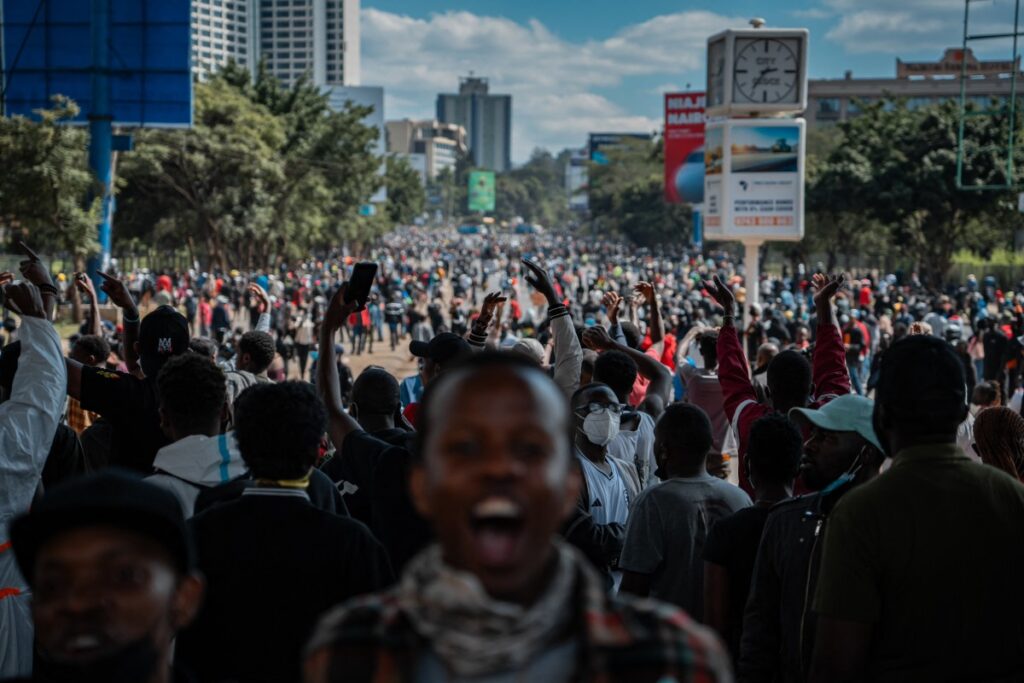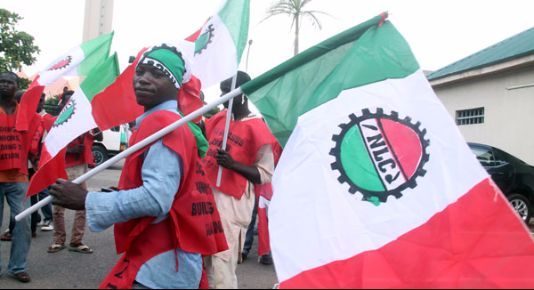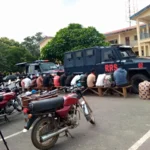
Civic participation among young people is usually more of a response than a duty, as they have more pressing priorities and don’t understand the burden enough to care. Therefore, they must be catalysed. When the government is committed to their growth, they respond with patriotism and pride; when a society is hostile to them, they respond with anger and distrust, as is the case with Nigerian youth.
There are three preconditions that are indicative of this. First, Inspiration: Do young people feel inspired? What are their sources of inspiration? Secondly, motivation: What are the barriers to their participation? How strong are they? Are they willing to cross them? Why? And lastly, empowerment: What are their competencies? Can they afford the financial, physical, and intellectual costs of crossing them? Honest responses to these questions provide a detailed synopsis of the level of civic engagement we can expect from our young people.
Government and stakeholders must begin to prioritise activities that positively contribute to the identified indicators. These activities are grouped into five categories:
Activities that promote legislation, policies, and budget allocations for youth empowerment and engagement: Despite some progress in this regard with the formulation of a national youth policy, the signing of the “Not Too Young to Run” law, the establishment of youth parliaments and councils, and the 75 billion naira Nigeria Youth Investment Fund. Implementation is still a sore spot.
The Ekiti State Youth Parliament, for example, has been unable to access its budget provision for over three years, summarily stunting the efficacy of its operations. More work needs to be done to sidestep bad faith actors and earth legislation, policies, and financing so that they reflect and respond to niggling peculiarities.
Secondly, activities that support, create, and sustain structures for young people’s participation and civic engagement. The private sector, civil society, trade unions, advisory councils, student councils and unions, youth parliaments, clubs, political parties, community development or peer group associations, trade unions, and advisory councils are major nests of engagement where young people can get involved and develop the skills and network they need for a more extensive involvement in community development, politics, and governance.
The perverse stranglehold that cronyism, cultism, and thuggery have on these spaces limits young people’s interest and participation and is also to blame for the adversarial stance of stakeholders. It is therefore necessary to mobilise a network of interventions that strengthen the operation and independence of these structures and weaken the politically empowered grip of the identified ills.
Thirdly, activities that institute and deepen citizenship education across all levels of the curriculum. Young people must learn about the country’s values and history, all of it, in the most comprehensive way possible through history, civic education, and cultural and community exchanges.
The stronger sense of identity that young people develop when they have this knowledge is important for fueling patriotism and pride and, in some ways, incites a responsibility to uphold the values of their heroes or to do better by avoiding or correcting identified misdeeds.
Furthermore, activities that invest in young people’s capacities, networks, and partnerships. Education, industry, political empowerment, fellowships, scholarship, and sports are key pillars that automatically enable this. It is critical to provide funding and governance that will strengthen and continuously expand the capacities of these sectors.
Finally, activities that maximise the value of volunteerism and community service. Setting quality examples of public service and rewarding these values help create heroes. Our leaders must be prime examples of community-driven service and work to instill that consciousness in every Nigerian. We must encourage a community-first approach to development.
This is how to mobilise. For this mobilisation to be effective, the 2013 resolution of the United Nations General Assembly provides a thorough guideline: “… in consultation with youth-led organisations, to explore avenues to promote full, precise, structured, and sustainable participation of young people and youth-led organisations in decision-making processes.”
Four markers must be met. The design and execution of these activities must be full and not merely consultative, as is currently the case; they must be precise and specific to the challenges and context; they must be measurable, time-bound, process-led, and have identified actors and anchors; and finally, they must have the ability to generate support and momentum to continuously replicate.
When these are achieved, young people will gain more influence in society. This influence will give them more space to thrive. More space will strengthen their voice. A stronger voice will deepen their influence, and the cycle keeps reinforcing itself.
Echoing the words of the chairman, Conference of State Youth Speakers in Nigeria, Rt. Hon. Toba Fatunla, “If you have not built us, you have no right to blame us.”
The burden of building falls first on the government; every other form of mobilisation can only be effective when built on this foundation. This is particularly important in light of the socio-political shifts happening nationally. If you are the head of a government at any level, a lawmaker, or a public servant, and desire to create the Nigeria we want—one that ensures security for every citizen—prioritising the above activities is a good place to start.
Akinleye is Impacts and Communications Assistant, PROMAD
This article is an excerpt from the fourth in a six-part series of public conversations on youth civic participation under
“Accelerating Youth Civic Participation in the FCT.” A PROMAD Foundation project supported by LEAP Africa and funded by the Ford and MacArthur Foundations.












